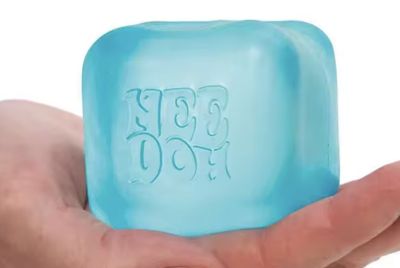B.C. Canada Citizens Hoard Potassium Iodide Medicines on Fukushima Radiation Fears

Residents in British Columbia, Canada, have been reportedly hoarding medicines containing potassium iodide amid radiation scares coming to their shores from Japan's crippled Fukushima nuclear power plant.
Potassium iodide pills, according to The Province, have been lately huge bestsellers in British Columbia after netizens read on various Internet sites that taking regular doses of the inorganic compound can cure potential illnesses and other adverse effects of nuclear radiation.
But pharmacists warned citizens as well as netizens of the counter adverse effects of too much potassium iodide in the body.
Sales of potassium iodide sales in British Columbia jumped following the Fukushima disaster. A replication has been seen in recent months. The hoarding is largely fueled by fears that the nuclear waste leaked three years ago into the Pacific Ocean by the crippled Fukushima in Japan is washing up on Canadian shores.
"It's certainly been on the increase as the concern from radiation grows," Harlan Lahti, owner of Finlandia Pharmacy and Health Centre in Vancouver, said. He noted there has been "a very big increase in calls for potassium iodide in the past two weeks." Customers cited fears over Fukushima as reasons for buying it.
But Pam Magee, a pharmacist at the Medicine Shoppe on the Sunshine Coast, said the people have been largely ill-informed.
"I only know the litany of pathologies that can ensue with this kind of dosing," Ms Magee said. "I always warn people against it and they often go away mad and exasperated by my stupidity."
Even the Health Physics Society believed potassium iodide or KI, its scientific shorthand, has been "erroneously represented as a 'magic bullet' of radiation protection."
"KI, if taken properly, only protects against internal radiation from radioiodine taken into the body," the society said on its Web site. "It will not protect against external radiation or internal radiation from radionuclides other than radioiodine and even then will only spare the human thyroid from any radiation-induced effects."
Cristina Alarcon, a pharmacist with the Hollyburn Medical Centre in West Vancouver, said potassium iodide is sometimes prescribed to help with a "sluggish thyroid."





















